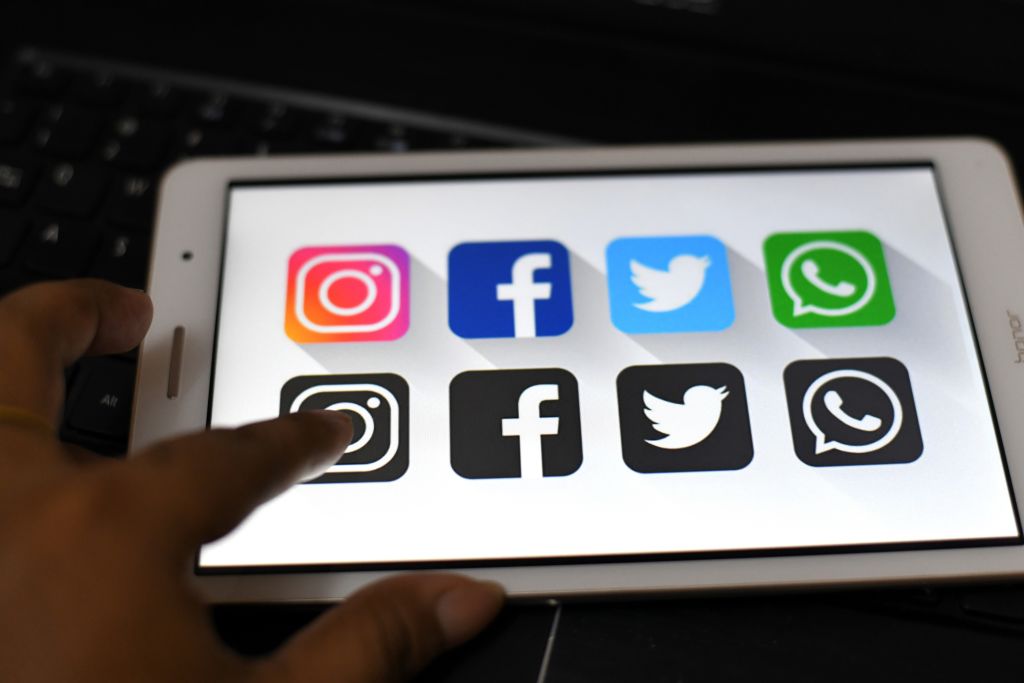For a relatively stable stretch of time, most people reading did so — whether it was a book, newspaper, magazine or journal — in a relatively standardized way. But things have changed over the last two decades. Now, I might well toggle between a news app, an article on Chrome and a ebook app on my phone — or adopt a more hybrid approach, reading some things on physical media and others in a digital form.
A growing number of writers and thinkers have turned their eyes to the way people read, and what effect it might have on, well, the way people read. Literary Hub recently published an excerpt from Johann Hari’s new book Stolen Focus: Why You Can’t Pay Attention — And How to Think Deeply Again.
“[B]y 2017, the average American spent seventeen minutes a day reading books and 5.4 hours on their phone,” Hari writes. But to him, this is only the tip of the proverbial iceberg; Hari also views this as having had a damaging effect on the amount of “complex literary fiction” out in the world.
Hari goes on to cite the work of Anne Mangen, an expert in literacy. “Reading books trains us to read in a particular way—in a linear fashion, focused on one thing for a sustained period,” he writes. “Reading from screens, [Mangen] has discovered, trains us to read in a different way—in a manic skip and jump from one thing to another.”
Hari isn’t the only writer to find a technological answer to a perceived change in the form of literature. Mark McGurl’s Everything and Less: The Novel in the Age of Amazon has ventured into similar territory. McGurl takes a broader view, writing that “the sped-up culture that delivers that novel to your doorstep overnight is the same culture that deprives you of the time to read it.”
Whether or not you agree with the conclusions Hari and McGurl reach, their work reminds us that it can be good to take a step back and analyze how we’re interacting with the world. Whether that’s losing focus on a printed page or being immersed in the infinite scroll of a website, it can tell us more than we might think about ourselves and our time.
Thanks for reading InsideHook. Sign up for our daily newsletter and be in the know.


















